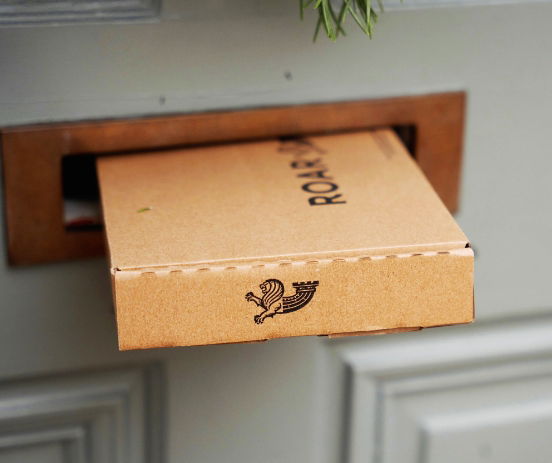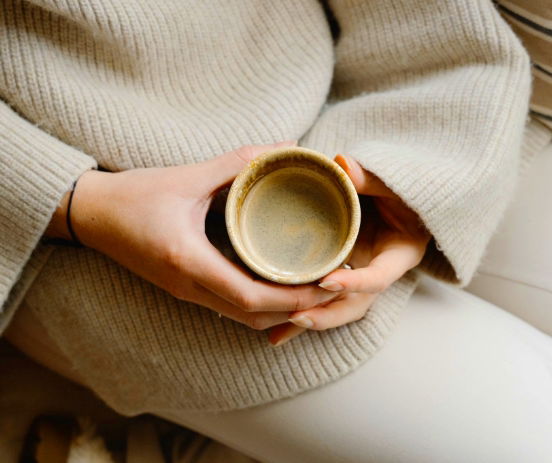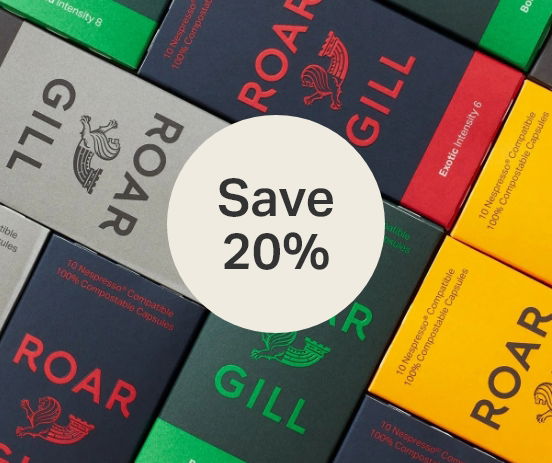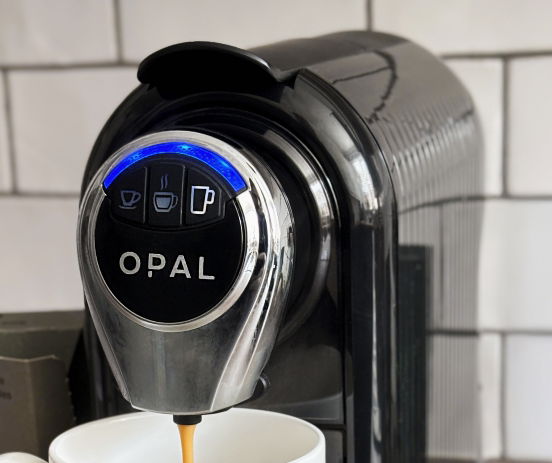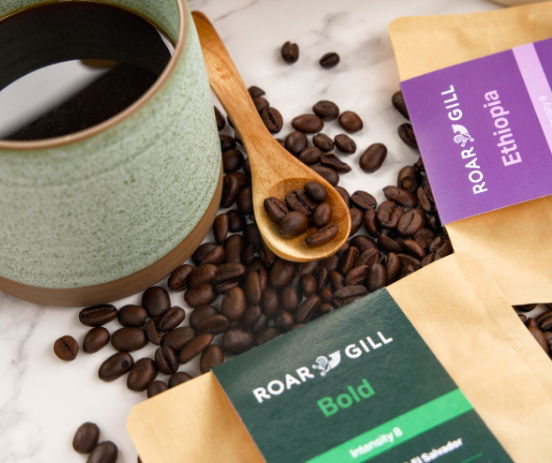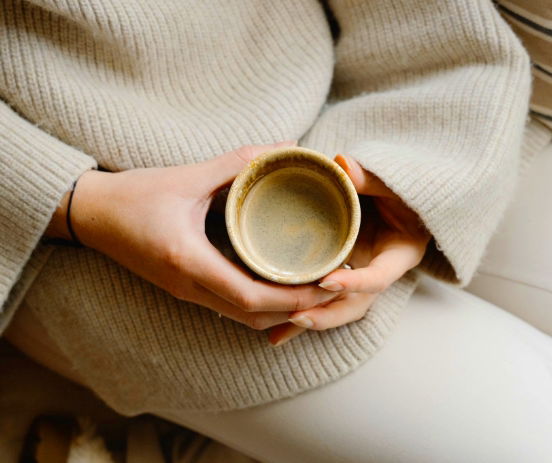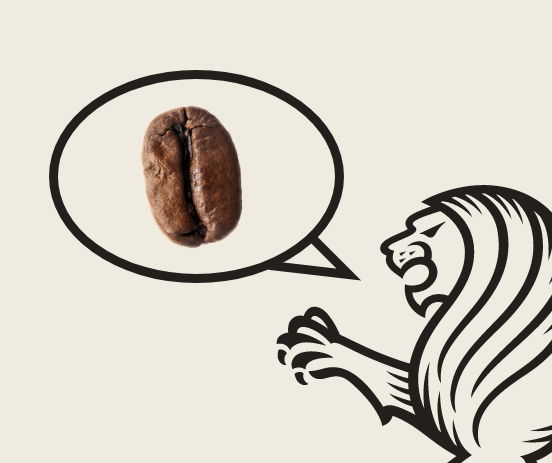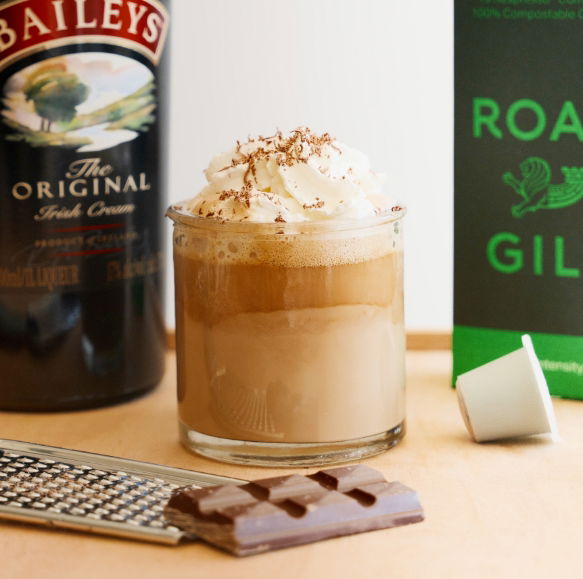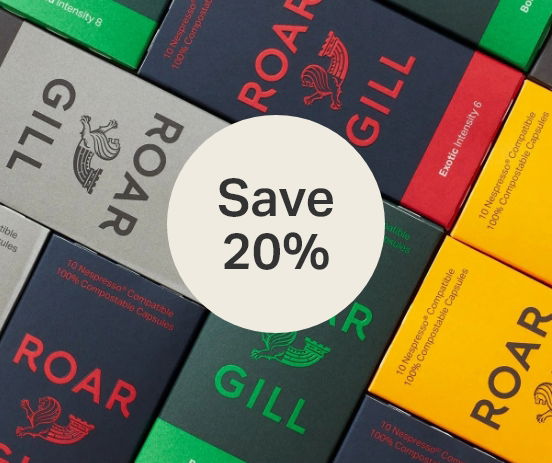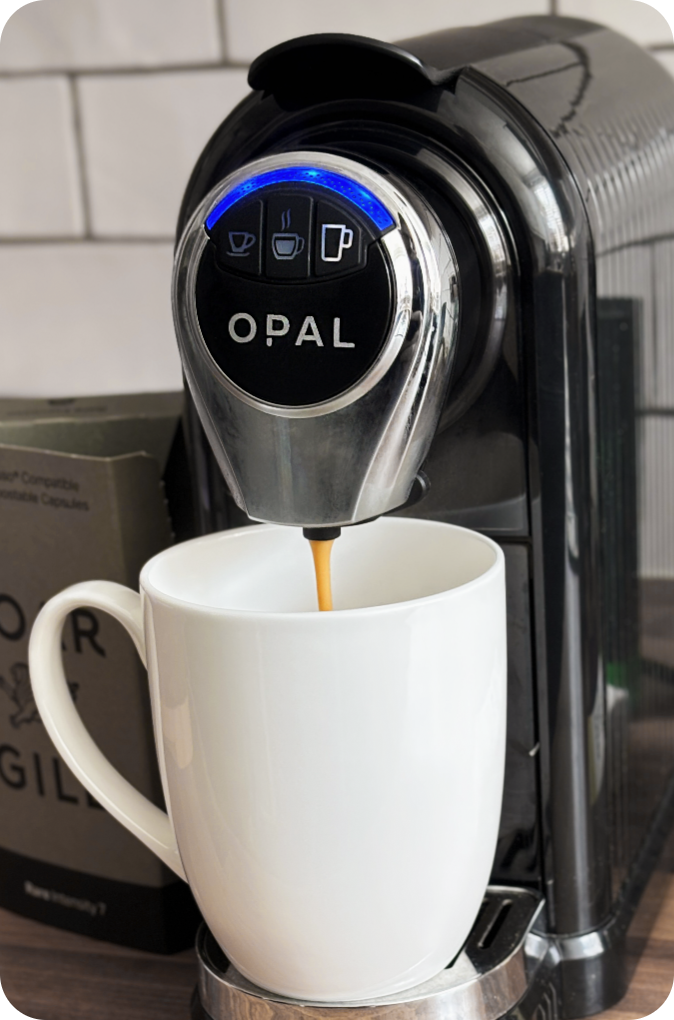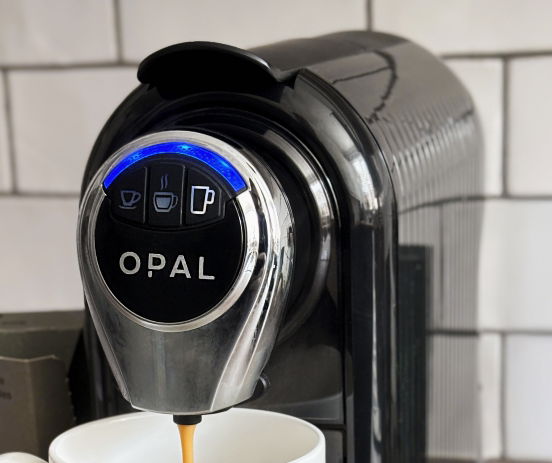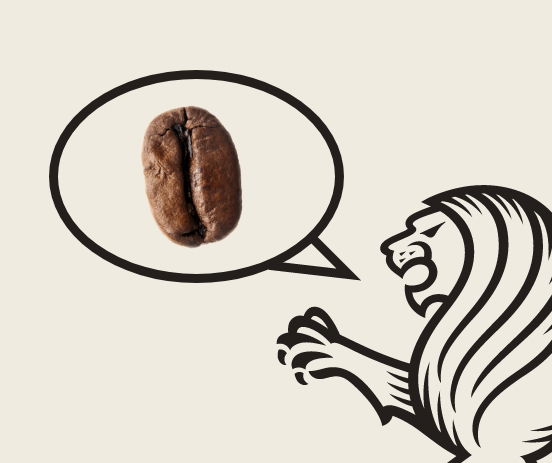Caffeine content in coffee is a hot topic at the moment. But can we measure each brew accurately?
Commercial testing machines have become much more readily available - opening up the possibility of caffeine measurement for independent coffee roasters.
This has led to roasters listing caffeine content for their pods and beans, as consumers demand more detail in understanding exactly what they are drinking.
The challenge, however, is to make these figures meaningful and genuinely accurate for customers, given all the variables that exist in the world of coffee roasting.
Roar Gill’s View
In our own testing, the caffeine content varied between 60mgs and 120mgs for our home compostable pods (our cortado and exotic being the highest). Whilst filter coffee ranged from 130-170mgs, depending on the coffee dose.
We have chosen not to list exact figures on our site. We believe quoting a single figure for caffeine content could be misleading:
- Different batches have differing levels of caffeine; and unroasted coffee from the same bag, when roasted, showed very different results.
- In whole beans and filter coffee, the dosage chosen and the amount of time the coffee is brewed for also creates variability in caffeine levels.
- Physiology also matters. The figure of 400 milligrams caffeine per day for a person of 65kg is often used by health organisations as a benchmark for safe consumption. Given the average weight for an adult male in the UK is 85 kg and the average weight for a female is 72kg, this figure seems a little arbitrary. Especially given that different people also metabolise caffeine in different amounts of time.
On the flip side, many decaf coffees quote being between 99.5% & 99.9% caffeine free. Our decaf is officially 99.9% caffeine free, but when we tested recently we found that it had no trace at all!
We completely understand the push for more transparency of contents across the food and drink industry. Our position, though, is that caffeine content listings for coffees are based on data with too many variables, so currently it doesn’t give the consumer the most accurate information they need.
Our best rule of thumb is to listen to one's body – we can all tell if we have drunk too much coffee, and this is a far better guide than a single stat!


